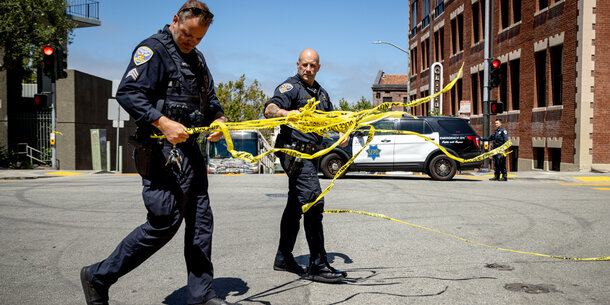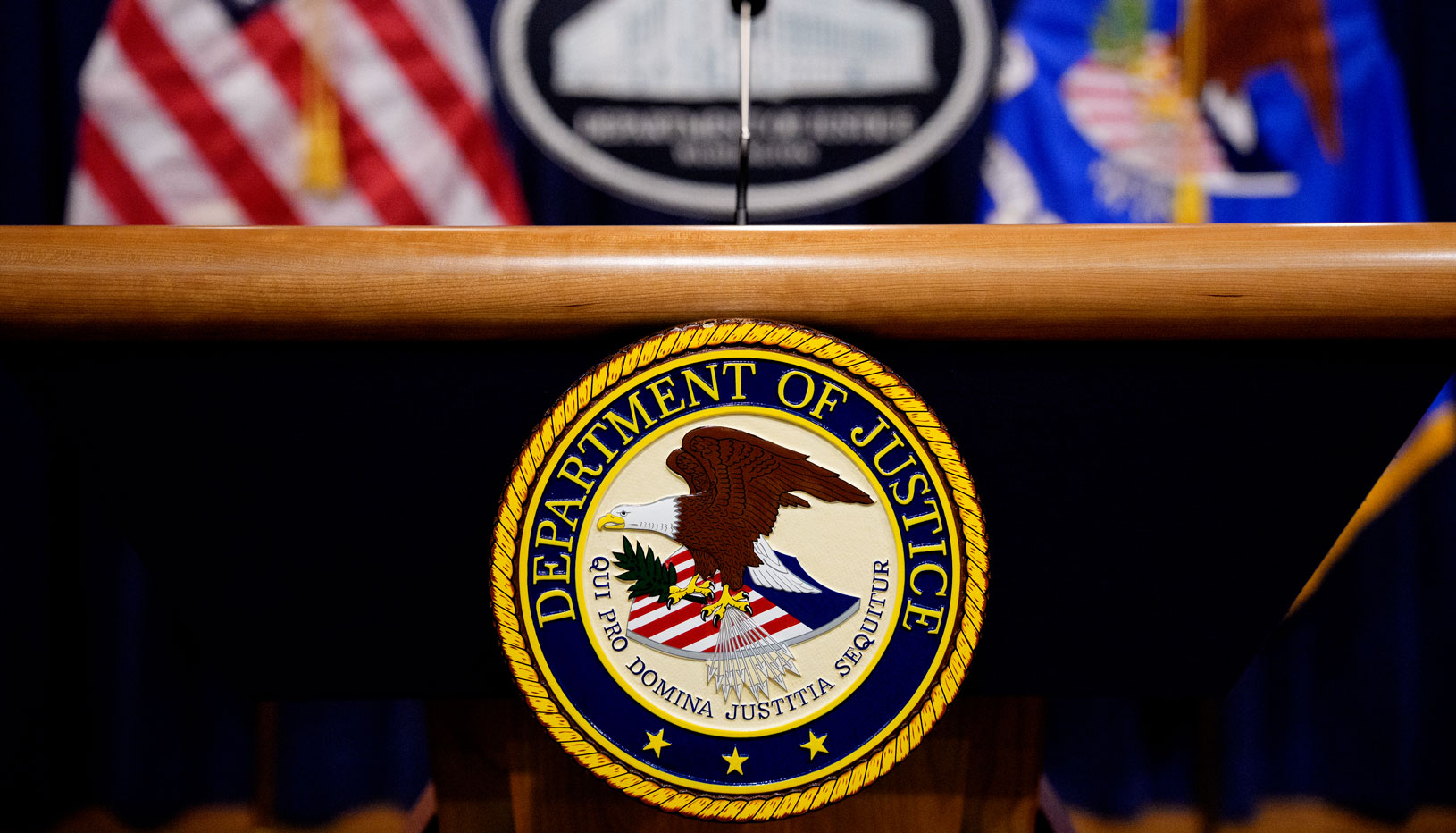More than a dozen jurisdictions across the country have curtailed the use of money bail over the past decade. 1 But after violent crime rose sharply in the first year of the Covid-19 pandemic, many politicians, police leaders, and pundits were quick to blame bail reform. 2 Claims that bail reform undermines public safety ultimately led to a series of rollbacks. 3 In this study, we test those claims, evaluating how crime trends fared after the enactment of bail reform policies in cities across the country.
To date, researchers have evaluated bail reform largely in individual cities or states, finding little if any evidence that these policies increased crime. 4 This study is the first to use data from dozens of jurisdictions nationwide to test bail reform’s causal impact on crime trends. It compares major offenses from 2015 through 2021 in 22 cities that had in place some type of bail reform with 11 others that did not. The analysis first focuses on all major offenses across jurisdictions and then on specific types of crime. It also examines the impact of reforms according to whether they were implemented through legislation, court order, or changes in prosecutorial policy. Last, this study focuses on cities where research shows reforms had large effects on how and when bail was set.
Ultimately this report finds no statistically significant relationship between bail reform and crime rates. In other words, there is no reason to believe that bail reform has led to increased crime. This holds true even when focusing on major policy changes that have drawn public scrutiny, like those in New York and New Jersey. These findings add to a growing body of literature showing that bail reform is an unlikely explanation for recent trends in crime, whether increases or decreases. And they suggest that policymakers’ recent focus on weakening bail reforms as a response to crime has been misguided — and a distraction from smarter and more promising ways to enhance public safety.
Endnotes
-
1
See generally Stephanie Wylie and Ames Grawert, Challenges to Advancing Bail Reform, Brennan Center for Justice, April 10, 2024, 2–4, table 1, https://www.brennancenter.org/our-work/research-reports/challenges-advancing-bail-reform.
-
2
For examples of how arguments over the relationship between bail reform and crime have affected state and national politics, see Anna Gronewold, “New York Democrats Didn’t Defend Their Bail Law Changes. It Bit Them at the Polls,” Politico, November 27, 2022, https://www.politico.com/news/2022/11/27/new-york-democrats-bail-law-00070800; and Matt Friedman and Joseph Spector, “New Jersey Overhauled Its Bail System Under Christie. Now Some Democrats Want to Roll It Back,” Politico, December 11, 2022, https://www.politico.com/news/2022/12/11/new-jersey-bail-system-roll-back-00072781 (noting challenges to bipartisan bail reform in New Jersey). For a discussion of media portrayals of bail reform in New York, see Laura Bennett and Jamil Hamilton, Freedom, Then the Press: New York Media and Bail Reform, fwd.us, April 2, 2021, https://www.fwd.us/news/new-york-media-and-bail-reform/.
-
3
For a thorough discussion of bail reform, jurisdictions that enacted rollbacks, and the political dynamics surrounding bail policy, see Wylie and Grawert, Challenges to Advancing Bail Reform.
-
4
See, for example, René Ropac and Michael Rempel, Does New York’s Bail Reform Law Impact Recidivism? A Quasi-experimental Test in New York City, Data Collaborative for Justice, March 2023, https://datacollaborativeforjustice.org/wp-content/uploads/2023/03/RecidivismReport-4.pdf (about New York State); Paul Heaton, The Effects of Misdemeanor Bail Reform, University of Pennsylvania Quattrone Center, August 16, 2022, https://www.law.upenn.edu/institutes/quattronecenter/reports/bailreform/#/ (about Harris County, Texas); and Don Stemen and David Olson, Dollars and Sense in Cook County: Examining the Impact of General Order 18.8A on Felony Bond Court Decisions, Pretrial Release, and Crime, Loyola University Chicago, Safety and Justice Challenge, November 19, 2020, 1–2, https://safetyandjusticechallenge.org/wp-content/uploads/2021/06/Report-Dollars-and-Sense-in-Cook-County.pdf (about Cook County, Illinois).





